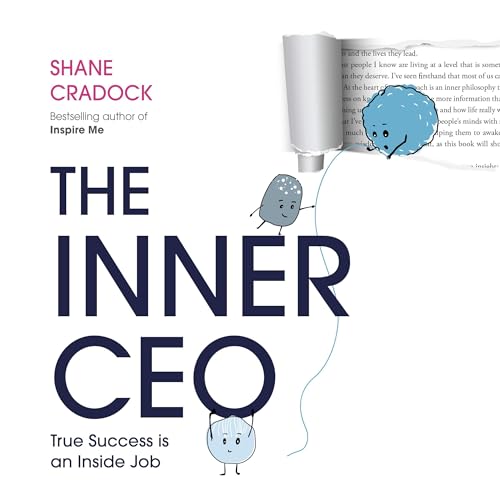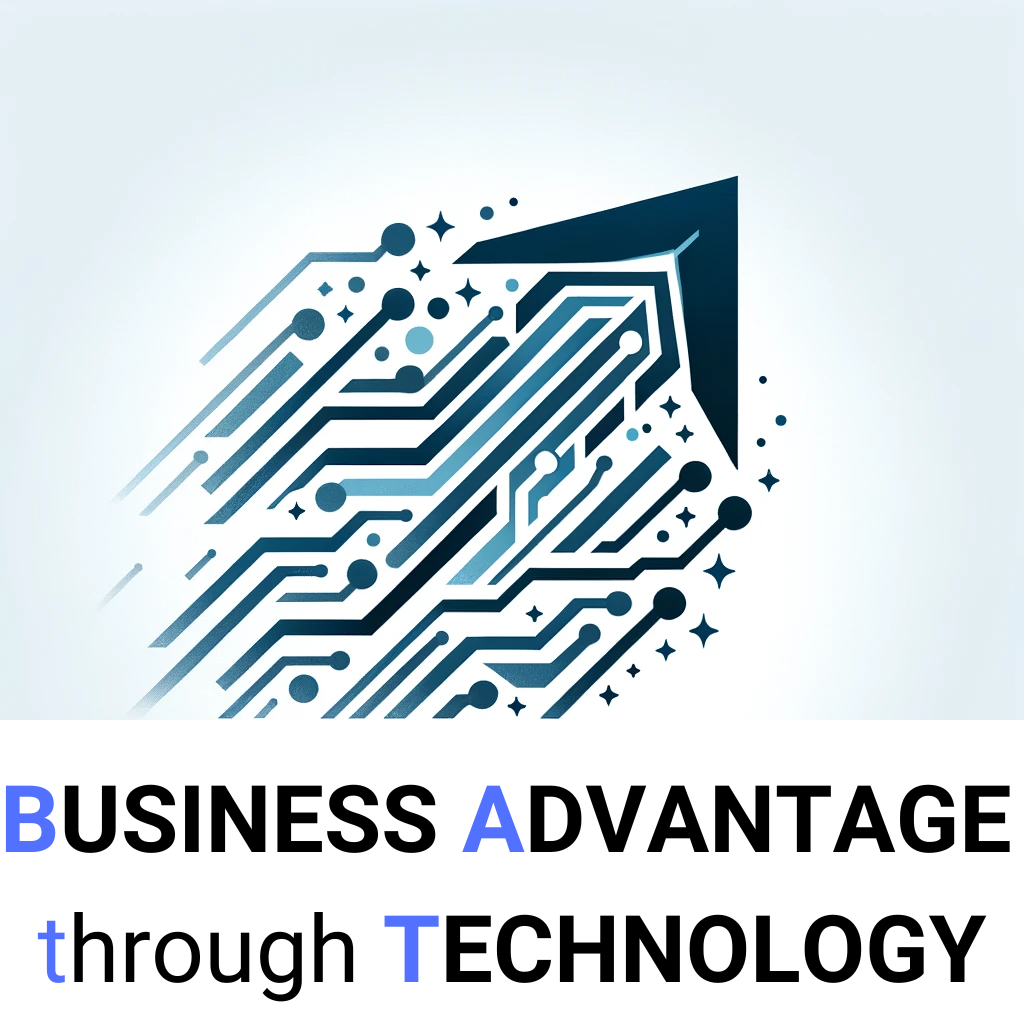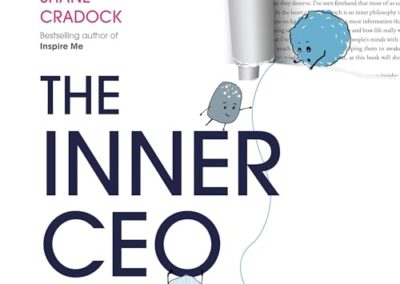

Psychological safety at work – 3 musts to achieve the baiscs
Just came across this piece by McKinsey: ‘What is psychological safety?’ Rang a few bells for me – in the context of change, post COVID, business reorg, major projects. And also in the context of pursuits outside work e.g. finding your level in a cycling group, coaching a football team, building new relationships. Psychologicial safety at work is just a sine qua non.
Definition
‘Psychological safety means feeling safe to take interpersonal risks, to speak up, to disagree openly, to surface concerns without fear of negative repercussions or pressure to sugarcoat bad news‘. Seems a reasonable definition for many different settings. I think often overlooked is the responsibility of the manager or supervisor to be available to facilitate ‘speaking up’ – in different situations. Maintaining a very busy status all the time is tantamount to killing the safe psychological space.
What is the reality?
Per McKinsey: ‘Psychological safety is not a given and it is not the norm in most teams’. If you believe that psychological safety is important for the individual and important to the development and sustainability of the organisation then this assessment should be of great concern to any organisation finding itself in this status.
Leadership development
I have always thought the first basic requirement for any effective manager is to take an interest in team members. There should be time to ask how are things going, how was the weekend, how are the family – or whatever works for some genuine interaction and listening. Think McKinsey right on the requirement for ongoing leadership development:
- Go beyond one-off training programs and deploy a scaled system of leadership development.
- Invest in leadership development experiences that are emotional, sensory, and create moments of realisation.
- Build mechanisms to make development a part of leaders’ day-to-day work.
Again, if people are your number one asset, if providing a psychologically safe environment/ experience is a priority, then failing to invest in development of these skills across the leadership team is, simply, failure.
Mental health
Now seems to be on everyone’s agenda. Some of the stigma associated with talking about mental health challenges seems to be dissipating (but far from gone). McKinsey identify a number of practical steps – and I think ongoing changes post Covid, change in hybrid work and impact of AI will all drive greater requirements to understand and manage mental health.
Lower earners
Lots of good sense in this paper from McKinsey. But this last piece really caught my attention. Work is made up of people of different abilities, education, age, career direction and earnings. But all need psychological safety – all are needed to make the business work. And perhaps in the lower earning group there are greater challenges and insecurities – need to be aware of this and act accordingly. In a different environment the backs may not be making the money the forwards make but you need the whole team. In fact when the backs let you down the cookie crumbles pretty quickly.
Getting strategy right
Will be interesting to see how Elon Musk and Tesla go forward – what changes, if any, getting strategy right. On the face of it looks tricky: slowing global economies, higher finance costs for consumers, significant additional capacity coming on line, competitors catching up, Tesla cars more expensive than previously.
Musk has attracted mixed coverage for his Twitter take over – at the same time as his car company is experiencing these challenges. How much does the Twitter acquisition impact sales of Tesla cars? Are current/ potential Tesla owners concerned that the founder may be distracted? Are Tesla shareholders concerned?
But Musk and Tesla have been and continue to be innovators – and competitors should not underestimate this commitment to getting the tech right, creating new experiences for drivers. Why would Tesla not continue to deliver new ideas, innovations, enhanced experiences?
In some ways reminds me of Ryanair and Michael O’Leary. O’Leary has been the people’s champion – low cost flights, enabling travels for the masses. He has not always been popular – and some of his PR stunts have not always been well received. But he has stayed focused, he seems to have used each recession as an opportunity to strengthen his business. He has created capacity heading into (or during) downturns – only to accelerate in the upswing. He has weathered economic downturns and COVID19.
Will be interesting to see how Tesla moves forward. Reminded me of Rumelt’s ‘Good Strategy Bad Strategy: The core of strategy work is always the same: discovering the critical factors in a situation and designing a way of coordinating and focusing actions to deal with those factors. A leader’s most important responsibility is identifying the biggest challenges to forward progress and devising a coherent approach to overcoming them.
WFW (Work from Wherever) – not just WFH (Work from Home)
The game has moved on and we need to accept this. Covid19 has driven WFH (Work from Home) – or as I prefer to think of it: WFW – Work from Wherever.
The challenges of WFW
I am reading about the challenges posted by WFH or WFW. City centres are empty – empty office blocks, empty shops and restaurants, empty car parks, empty bars. Retail in city centres dying on its feet – shop owners unable to pay rent and rates.
The benefits of WFW
Those of us who need to get to work (e.g. hospital workers) can get there -no traffic challenges. Kids will be able to get to schools. Roads will be safer. And more room for cycle paths. And less pollution. And lots of us are enjoying working from home – no commute, cheaper to dress and eat, more relevant to our families (kids in the morning,drop/ collect, etc.).
Have we thought about how to make WFW work for us?
Yes – we have done the basics. Internet access, remote access to work systems, cloud based applications. conference and video calls. Some even have docking stations, multiple screens and fold away desks at home. And some are using collaborative software.
But most of this is basic. We have not yet really thought about how to make WFW work for everyone. How can all of the advances in technology be used to enable people to work MORE EFFECTIVELY by Working from Wherever? How do we do this without losing the positives of WFW? As businesses we want to be more productive and more profitable – or more sustainable. We have been looking for ways to motivate our teams, to encourage innovative thinking and to retain key talent. How do we leverage WFW without screwing it up?
Rethinking work – with teams Working from Wherever
We still want to grab market share, be profitable, be attractive to new talent, improve quality and efficiency, reward our stakeholders, grow. Can we do this more easily with a team who spend, say, 70% of their time WFW? How do we redesign processes around planning, marketing, product development, manufacturing, support and maintenance – to work better, when the team spend 70% of their time WFW?
Unlearn by Barry O’Reilly
Barry O’Reilly has written, ‘Unlearn’, a stimulating book for anyone interested in change management or business transformation. In every walk of life we need to be able to set aside our preconceived ideas and take a fresh look. And this is the theme of the book.
Working with IAG
O’Reilly references in some detail the work he did with the IAG team some time after the appointment of Willie Walsh. And he obviously has a proven method – and supporting tools – for getting senior executives out of the office and into a creative environment. In my own consulting work over the years I have always seen major benefits in getting people out of their day to day working environment. It never ceases to surprise me how reluctant many CEOs seem to be to free up the time to make this happen.
C.S. Lewis
The book draws on many experts and is full of memorable quotes. My favourite is from C. S. Lewis: ‘You can’t go back and change the beginning, but you can start where you are and change the ending’. This seems to me to speak to so much to the reluctance to change, the resistance to kicking off transformation programmes. Do not waste too much time thinking about what went before. Preferably celebrate it. But look to what you can influence: changing the ending.
I have run many projects in the past focused on business process redesign. More recently I have become a convert to Lean – focus on customers, constant process improvement, work in the Gemba and relentlessly seek elimination of non value add. Barry O’Reilly references Toyota in a number of places – and picks out a quote from Taiichi Ohno which very much supports the Unlearn approach: ‘We are doomed to failure without a daily destruction of our various preconceptions’.
Leader challenges
O’Reilly sets out a number of challenges for current leaders – and is not shy about their likely need to unlearn much of that they practice. I thought his reference to entities with too much focus on cost cutting was interesting: risking resulting in people who cease to solve problems for themselves and embrace disempowerment. His definition of the job of a leader would challenge many: to design systems to enable people to experiment with potential opportunities and learn as quickly, cheaply and safely as possible while they discover how to achieve the desired outcome
In conclusion I thought this was a pretty good read – and introduces a number of interesting references. While I thought the pace of the book slipped in the second half, I do not believe this detracted much from the value of the book as a read for anyone looking to lead change or business transformation.
Great Managers and Great Leaders
Just listening to Mark Little (founder of storyful) on the radio this morning talking about the difference between Great Managers and Great Leaders. Not sure what the source his commentary. Iw was along the following lines:
- A great manager walk into a room and convince others that she is a great manager
- A great leader walks into a room and convinces others that each of them is a great leader
Digital Transformation
Not too far off in this. Now think Digital Transformation. The need is change leadership more than change management. So we are seeking people (leaders) who can convince others of their ability to lead change. Then these leaders will leverage the opportunities presented by new digital platforms and solutions.

